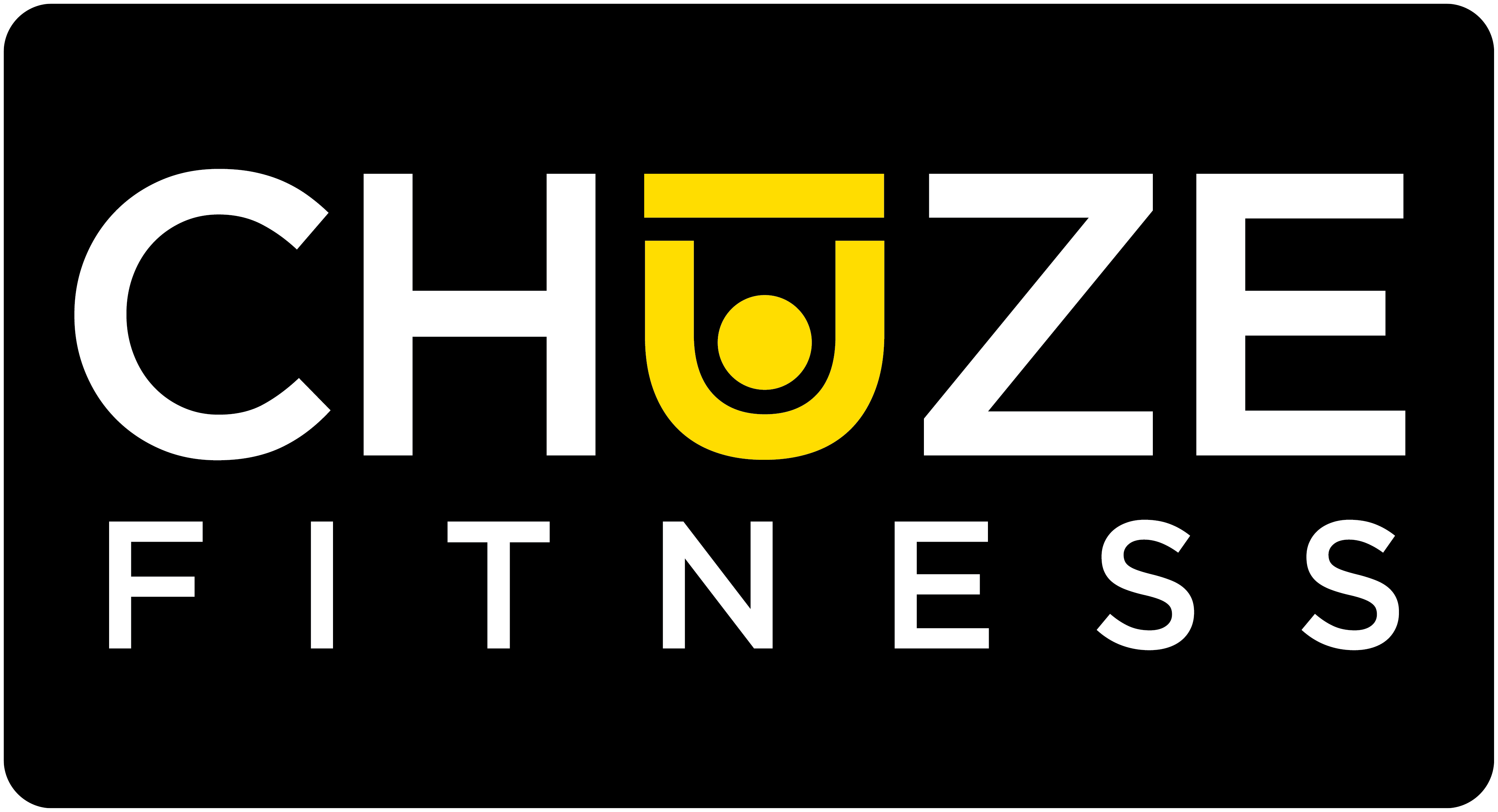It’s that time a year again when we experience an influx of new or returning members making their New Year’s resolution to get in the gym and get fit & healthy. We’ve all witnessed this pattern of fired up members (some that haven’t checked in since last March or April) flood through the doors and keep us extra busy through Jan/Feb/March, before they fall off and are not seen again until this time next year. I think sometimes we dub these members the “Resolutioners” and there’s a negative connotation attached to that title. Instead of that menatality, of just trying to wait out the “Resolutioners” and get through to Q2, I believe we can play a part in helping to keep these members coming back and staying active. So, in an attempt to see as many members in July as we do in January, I want to explore the topic of motivation, or more importantly countermotivations that members experience which may keep them from staying consistent with their workouts. I’ll discuss how we can help members work through what I’ll refer to as these opposing motivations.
The topic of motivation naturally arises when we talk about fitness. The motivation to start a workout program, motivation to get to the gym consistently, to eat healthy, etc. Often we view lack of exercise/consistency as a lack of motivation. However, recent studies show that’s not necessarily the case. An article by Richetin, Conner & Perugini in the Personality and Social Psychology Bulletin explains “It’s not that people lack the motivation to work out; it’s that they have strong countermotivations not to exercise. For example: motivation to spend more time with family, trying to get more work done/working overtime, the motivation to save face and not be embarrassed. These motivations aren’t just distractions; they’re convincing urges that overpower exercise motivations like losing weight or improving health. So PhD of Psychology & Yoga & Fitness Instructor Kelly McGonigal says, “Whatever the countermotivation, if you can’t address it, it will continue to compete with a client’s fitness goals”. So how can WE help members address these opposing motivations? McGonigal encourages an approach that helps clients acknowledge and examine both motivations. You may already be asking people why they want to get fit, but are you asking them what is most likely to get in the way? When they skip a workout, do you talk to them about what they did instead—and why, at the time, it seemed like the right decision?” For someone at the front desk, it may feel a bit too invasive or out of scope to pose these questions to members, particularly the part of “what did you do instead.” Probably getting to the nitty gritty of those particular questions is best left to our Coaches/Trainers/Instructors and I believe our Fitness team does ask similar questions when they’ve established a certain amount of rapport w/ our members. However, I believe our Ops teams do such a fantastic job connecting w/ members, that’s it’s the members themselves that feel comfortable enough to volunteer information or open the conversation here. I’ve heard things like “I’m so burnt out, I don’t even feel like being here.” Work has been crazy lately and my kid is starting soccer practice, I know I haven’t been consistent.” I’m sure we’ve all heard something similar, and so it’s during these interactions that we can help members recognize and address the competing motivations. Maybe we suggest a Yoga or Studio based class for that member that tells you they’re so exhausted. We can meet their need, or MOTIVATION to relax & unwind while still keeping them consistent and moving. We can suggest an earlier morning TT session time to the busy professional that will boost their energy throughout the day instead of them foregoing the gym later that night when they’re fatigued or have to run the kids to practice. We have so many options at Chuze, it really shouldn’t be too difficult finding something that will keep a person engaged and consistent. While I believe GX & TT would probably be one of the better options for a large majority of members, maybe they need to move in the Cinema for a while & hit the circuit station 1 time through. Perhaps they should just stretch on the turf 1 day, and then hit the hydro lounge… Self Care is huge when we talk about longevity in fitness & staying motivated. When our members understand that it’s important to meet the need to unwind, recover, spend more time w/ family, etc, they can find ways to address these motivations that won’t require sacrificing their fitness goals. Because unfortunately, when you quit something once, it becomes very easy to quit at it again and again.
In 2011, TIME magazine named the joint goal of losing weight and getting fit as the most commonly broken New Year’s resolution (TIME.com 2011). When it comes to retaining new (or returning) members, it’s important we acknowledge/celebrate the enthusiasm and desire that brought members to Chuze. At the same time, it’s important to help them recognize the competing motivations, demands and other obstacles that could derail their New Year’s resolutions. This combination of encouragement and realism will give our members the best chance of reaching their goals.
